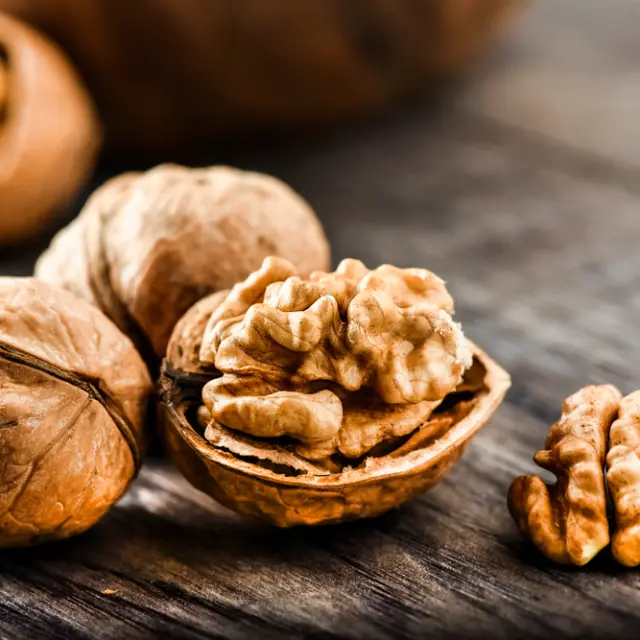
Health
What can I eat if I have colitis?
By Gretel Morales - 2024-01-10T16:37:04Z
At Kiwilimon, we know that your health and nutrition are your number one priority. Therefore, we took it upon ourselves to research a condition that increasingly affects more people: colitis! Additionally, we also tell you what the symptoms are and what you can and cannot eat if you have colitis. Take note! See more: Home remedies and effective treatments for nervous colitis What is colitis? In simple terms, colitis is the inflammation of the colon. This condition can be bothersome and painful, as according to the National Library of Medicine, it causes symptoms such as: PainInflammationDiarrheaFeverConstant urge to go to the bathroomChillsDehydration Furthermore, it is important to note that you may suffer from chronic colitis or it may present itself temporarily. If you experience any of these symptoms, it is important to see a doctor, who will prescribe the appropriate treatment for colitis. On the other hand, there are also other measures you can take, especially when it comes to your nutrition. You can also read: Everything you need to know about gastritis and colitis What can I eat if I have colitis? If you have colitis and don't know what to eat, don't worry, as you can enjoy a wide variety of foods and dishes that won't inflame or worsen your symptoms. For example, the portal WebMD explains that you can consume foods rich in linoleic acid, a substance found in “nuts, olive oil, egg yolks, and coconut oil.” This source also recommends fish oil, yogurt, and other foods containing probiotics. The specialized portal Healthline explains that people suffering from colitis can enjoy bananas, honeydew melon, avocado, mango, potatoes, sweet potatoes, cucumber, carrots, pasta, rice, oatmeal, salmon, walnuts, chicken, fish, turkey, and eggs. See more: Foods to relieve irritable bowel syndrome What can’t I eat if I have colitis? In the case of foods that worsen colitis symptoms, experts at WebMD recommend avoiding things like: High-fiber foodsDairy productsAlcoholic beveragesCoffeeSodaRed meatNutsDried fruitsLegumesRaw fruits and vegetablesSeedsSpicy foodPopcornRefined sugar On the other hand, it is also recommended to avoid consuming broccoli, cabbage, Brussels sprouts, cauliflower, tomatoes, grapes, oranges, grapefruit, cheese, ice cream, butter, and cream, among other products. As you can see, it is very important that you consult a specialist in the field to help you create a diet that meets your needs and helps you treat and control colitis once and for all.
